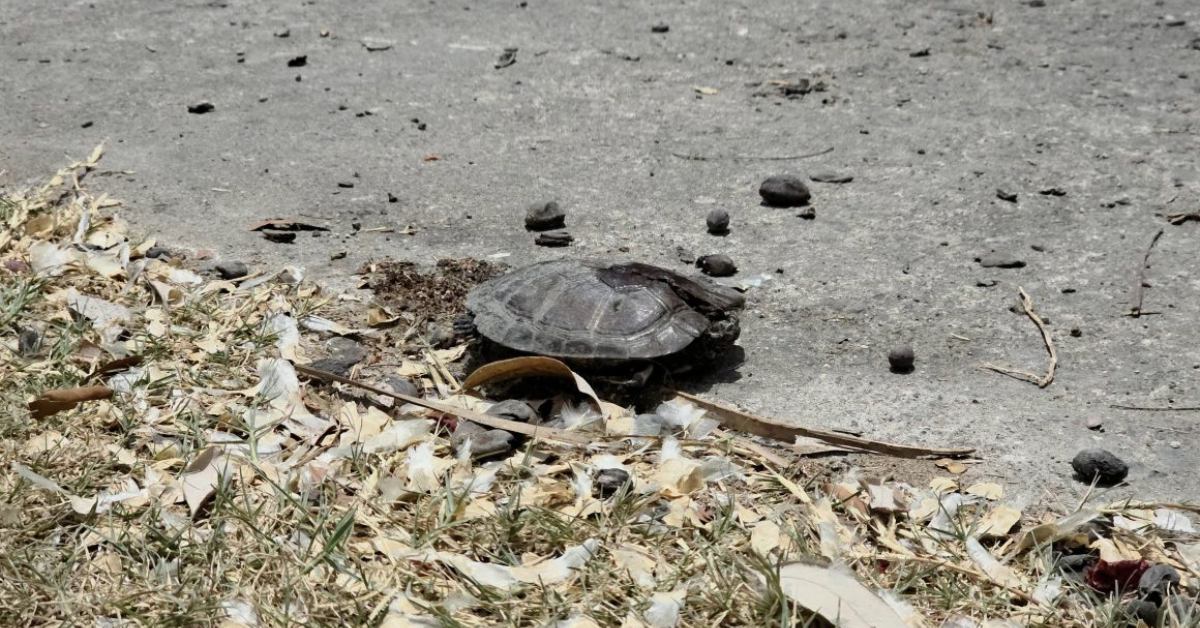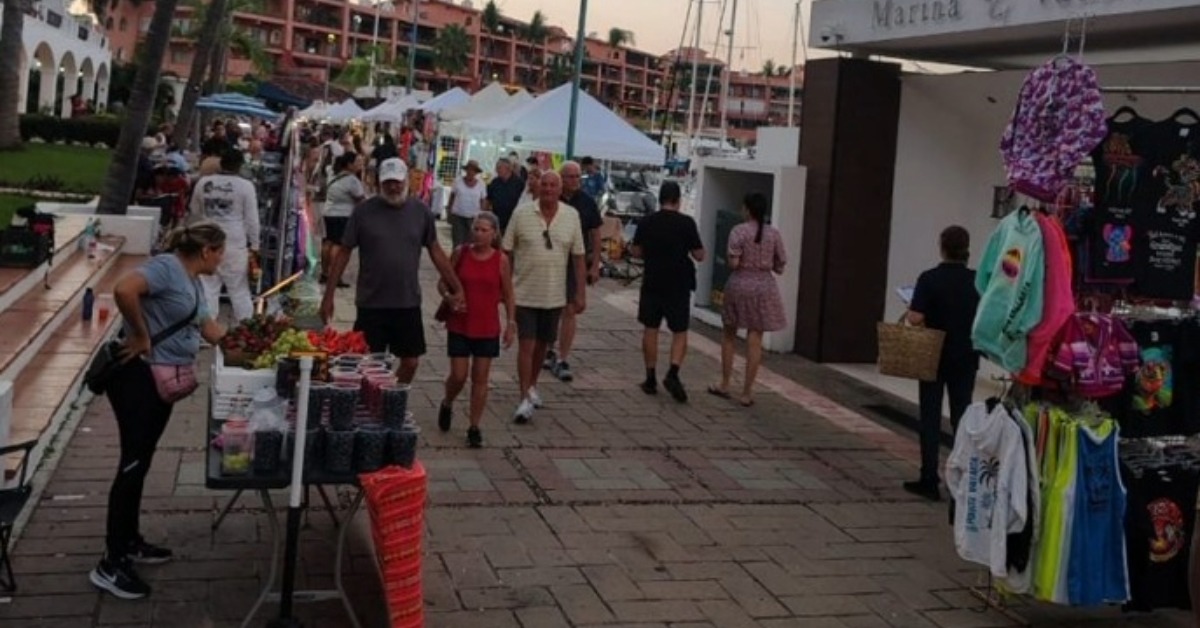Puerto Vallarta, Mexico - Coapinole Lagoon, located in the Coapinole neighborhood at the northern edge of Puerto Vallarta, has long stood as one of the few remaining freshwater bodies in the region. In recent weeks, local observers and environmental authorities have raised the alarm: the lagoon is rapidly drying up, jeopardizing a fragile ecosystem that supports multiple endemic and migratory species.
Environmental experts point to three primary drivers behind the lagoon’s shrinking water levels: prolonged lack of rainfall, blockage of key tributaries, and the broader effects of climate change. Regional rain patterns have shifted in recent years . . .






